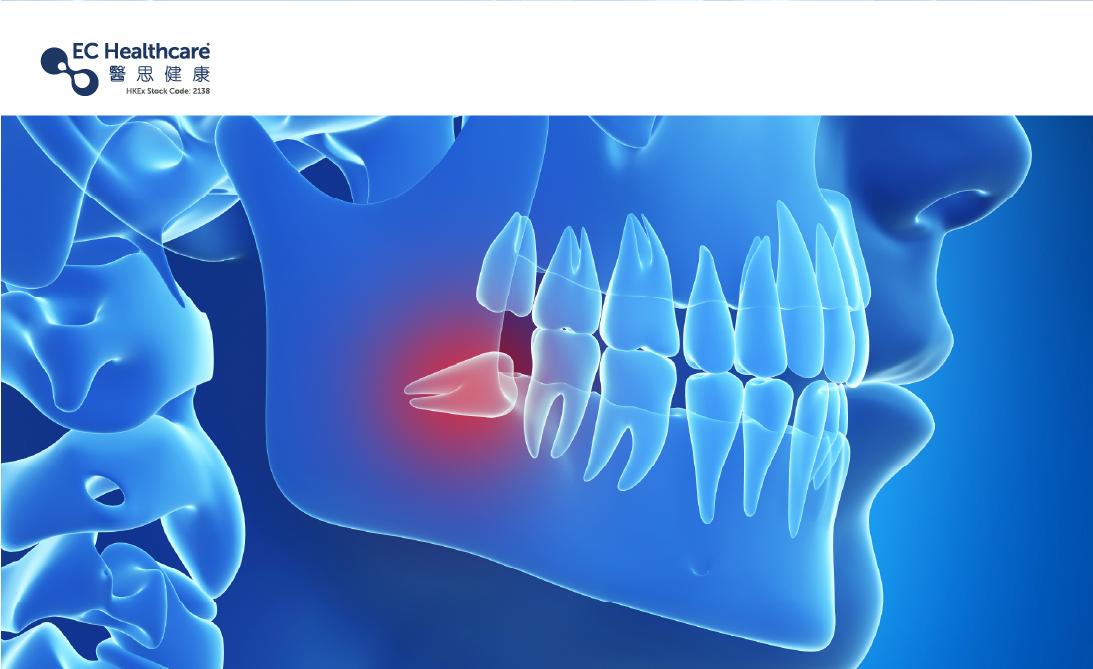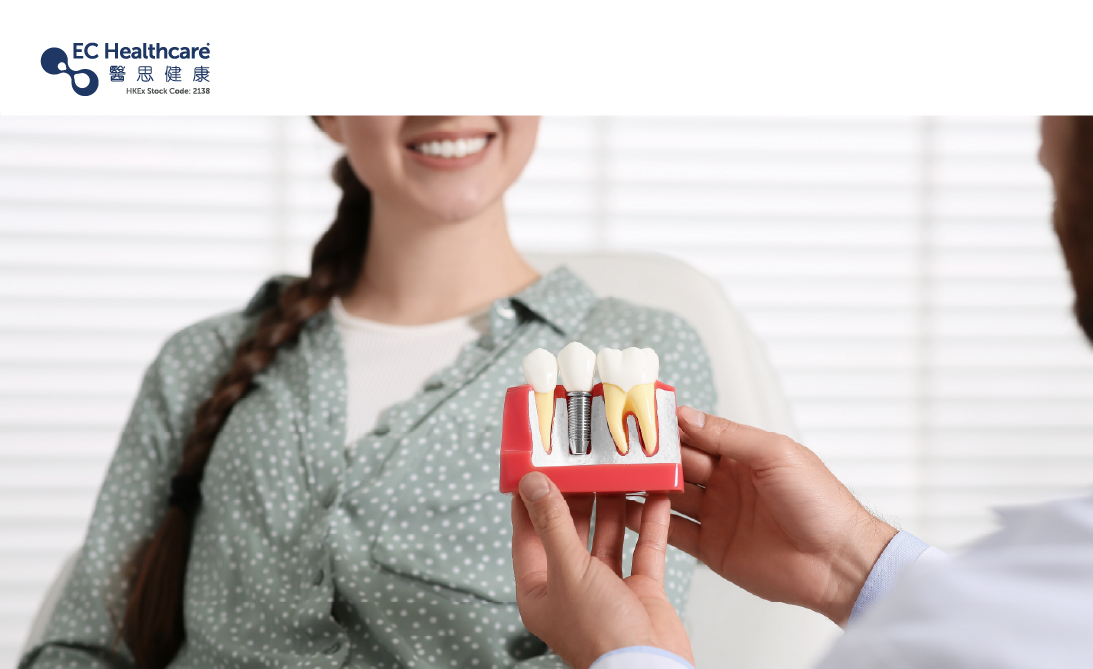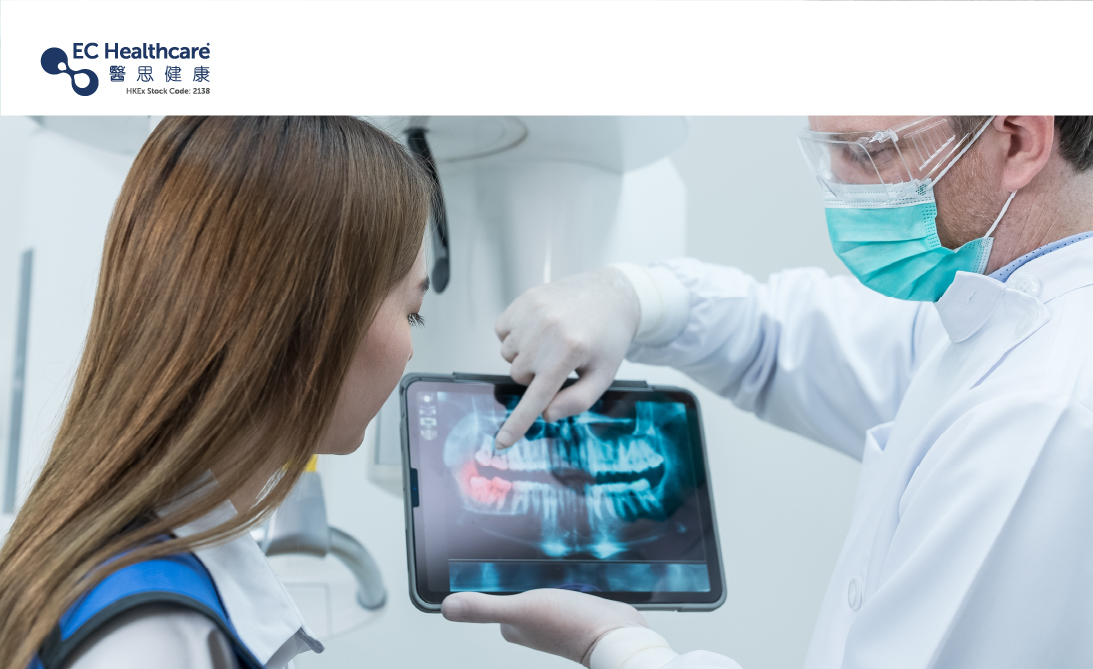Should wisdom teeth be peeled off if they are spread sideways/slanted? What impact will it have?


When it comes to wisdom teeth, many people think of removing them. But do wisdom teeth have to be removed? Why do wisdom teeth never grow properly? Can you not peel it off? Will there be any impact? Let’s learn about wisdom teeth together!
Learn about wisdom teeth
The tooth that grows deepest on the left and right sides of the upper and lower jaws of the mouth is the wisdom tooth, which is the third molar that grows after humans reach adulthood. Generally, a total of 4 wisdom teeth will grow in each person's mouth, but some people may be born with more or less wisdom teeth.
The role of wisdom teeth can be traced back to ancient times. Ancient people ate animal bones or plant stems as food, and wisdom teeth provided them with sufficient chewing ability to facilitate them to eat these rough and hard foods to absorb sufficient nutrients.
Why do wisdom teeth always grow crooked?
However, with the evolution of human diet and food cooking technology, modern people can use knives or scissors to cut food into fine pieces before eating. There are also more nutritious foods replacing the original rough foods, which greatly reduces the opportunity for modern people to use wisdom teeth for chewing, and the growth of the oral cavity and jaw bones gradually becomes smaller. When wisdom teeth grow in without enough space, it will lead to impacted wisdom teeth, including: growing horizontally, growing obliquely, growing under the tooth flesh or bone, and having different heights, etc.
Although wisdom teeth are a superfluous tooth for modern people. Modern people are more likely to develop impacted wisdom teeth, but some modern people can develop non-impacted wisdom teeth, which grow at the same angle as other teeth.
The impact of wisdom teeth
1. Tooth decay: Whether it is an impacted or non-impacted wisdom tooth, the growth location of the wisdom tooth and the adjacent teeth are often the most difficult areas for a toothbrush to clean thoroughly. The accumulation of dental plaque can easily lead to tooth decay problems. If the wisdom tooth decay goes deep into the dental pulp, it may also cause necrosis of the adjacent teeth, and tooth root removal is required.
2. Affect tooth arrangement: When wisdom teeth erupt in a narrow mouth, they will exert pressure on the surrounding areas, compressing the growth space and direction of other teeth, causing the tooth arrangement to become uneven. This will affect the appearance, and may also lead to bite abnormalities.
3. Periodontal inflammation/periodontal disease: Wisdom teeth that are inserted horizontally or obliquely will tend to grow towards the nearby teeth, putting pressure on the surrounding gum tissue, nerves and other tissues. It can induce periodontal inflammation, gum swelling and pain at any time, and increase the occurrence of periodontal disease and pulpitis.
4. Pericoronitis: Wisdom teeth cannot grow out and will be covered by gum tissue. Food residue and bacteria have the opportunity to remain and breed in the gap between the crown and the gums, causing gum inflammation, abscesses, and oral odor. Patients may experience tooth pain, swelling, or even serious conditions such as tooth root atrophy or cysts.
For impacted wisdom teeth, since it will greatly increase the incidence and severity of the above-mentioned oral diseases, it is recommended that the teeth should be removed prematurely even if there is no pain. As for non-impacted wisdom teeth, in principle it is okay not to peel them off, but it is undeniable that cleaning is easier to neglect, so some people may choose to peel off their wisdom teeth for preventive purposes.
Since everyone’s wisdom teeth and even the growth degree of each wisdom tooth are different, it is recommended to seek professional advice from your dentist.
<Make Appointment>
Disclaimer: This article is prepared by an independent third party and is not sponsored. The content provided is solely for informational purposes and should not be considered a substitute for professional medical advice, diagnosis, or treatment. It does not represent any specific viewpoint. In the event of any discomfort or health issues, it is advised to seek medical attention promptly.
Related Brands



